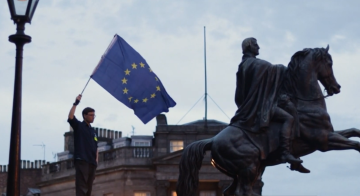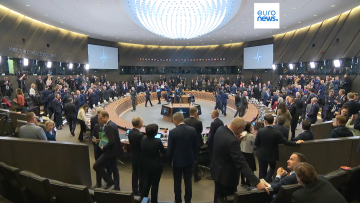Europe is facing significant challenges regarding the peacekeeping coalition and Ukraine's NATO membership.
This is reported by the Financial Times. Experts believe that Ukraine will find it difficult to assemble a strong coalition among European nations. For instance, Germany refuses to deploy peacekeeping troops to Ukraine, citing "historical reasons." Meanwhile, Polish Prime Minister Donald Tusk stated that his country is already bearing the "heaviest burden" — not only in supporting Ukraine but also in defending NATO's eastern flank.

At the same time, Finnish President Alexander Stubb and Danish Prime Minister Mette Frederiksen emphasize that only NATO membership can ensure Ukraine's sovereignty. However, some diplomats argue that without U.S. support, organizing an effective peacekeeping coalition is impossible, particularly due to the importance of American intelligence and nuclear protection.
Former NATO Secretary General De Hoop Scheffer noted that Ukraine's membership in the Alliance would be economically beneficial but emphasized that elected U.S. President Donald Trump is unlikely to offer such an opportunity to Ukraine. He believes that Trump will seek to compel Europe to deploy its troops in Ukraine, while the U.S. would not participate in ground operations.

Alena Hetmanchuk, director of the New Europe analytical center, highlights that a gradual NATO accession could serve as a reliable guarantee for a peace agreement for Ukraine. In turn, European allies will have to accept transitional commitments, including providing military instructors and creating "deterrence missions."
The greatest disagreements revolve around expectations of how to act in the event of Russia's refusal to negotiate.
"Skeptics themselves disagree on what Trump would do if Putin rejects his pleas: some hope he will double down on support for Ukraine, while others fear he may abandon it altogether. This complicates the search for common positions that could be presented to the White House as evidence of Europe’s readiness to take on a greater burden of support for Kyiv," the article states.
Source: ft.